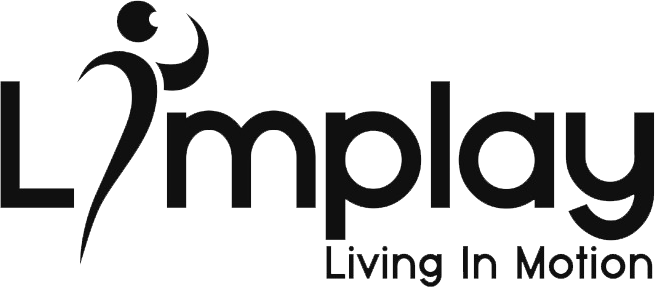Artificial intelligence (AI) is rapidly transforming healthcare. From diagnostic imaging tools to predictive analytics that flag high-risk patients, AI has the potential to make healthcare more accurate, efficient, and accessible. Yet with innovation comes responsibility. As governments, hospitals, and tech companies adopt AI in medicine, healthcare policy faces the challenge of balancing innovation with privacy, ethics, and equitable access.
The Promise of AI in Healthcare
AI’s potential applications are vast:
- Diagnostics: Algorithms can detect early signs of cancer or heart disease with accuracy that rivals or even exceeds human specialists.
- Predictive Analytics: AI can forecast patient outcomes, helping doctors intervene earlier and potentially saving lives.
- Personalized Medicine: Machine learning can analyze genetic data and medical history to tailor treatments to each patient.
- Operational Efficiency: AI streamlines scheduling, billing, and hospital logistics, allowing providers to spend more time on patient care.
With these capabilities, AI could help address physician shortages, reduce medical errors, and improve patient experiences. But the path forward requires careful policymaking.
Privacy: Protecting Sensitive Health Data
Healthcare generates vast amounts of personal data. AI relies on this data to “learn,” which raises concerns about privacy.
- The Challenge: Patient information is among the most sensitive data. Misuse or breaches could have devastating consequences, from discrimination to identity theft.
- Policy Response: Regulations like HIPAA in the U.S. and GDPR in Europe already govern health data. However, new policies must address AI-specific risks—such as data anonymization, algorithm transparency, and consent for secondary use of data.
Innovation vs. Regulation
AI evolves much faster than traditional regulatory processes. If rules are too strict, they could stifle innovation. If too loose, unsafe or biased tools might reach patients.
- The Challenge: Striking the right balance between encouraging innovation and ensuring safety.
- Policy Response: Adaptive regulation is one solution. Instead of static rules, policymakers can adopt frameworks that evolve as AI develops. The FDA’s “Software as a Medical Device” pathway is an example of this approach.
Access and Equity
AI has the potential to close gaps in healthcare—but it could also widen them.
- The Challenge: AI tools trained on biased datasets may produce inaccurate results for underrepresented groups. Additionally, advanced AI technologies may only be available in wealthy hospitals or countries, creating inequality in care.
- Policy Response: Policies must mandate diverse datasets for training algorithms and promote equitable distribution of AI-enabled tools. Public-private partnerships could ensure that rural and underserved communities benefit as much as urban centers.
The Role of Transparency
Trust is essential in healthcare. Patients and providers must understand how AI makes decisions.
- The Challenge: Many AI models operate as “black boxes,” making it difficult to explain their reasoning. This lack of transparency can erode trust.
- Policy Response: Governments and professional organizations should require explainable AI (XAI) in healthcare, ensuring that recommendations can be understood and validated by clinicians.
Global Cooperation
Healthcare is global, and so are AI challenges. Diseases cross borders, and so do technologies. Fragmented policies could create confusion or gaps in oversight.
- The Challenge: Different countries may apply inconsistent standards, making it hard for AI developers to operate globally.
- Policy Response: International frameworks, similar to those for medical research ethics, could harmonize AI healthcare policies worldwide.
AI is no longer a futuristic concept—it’s already reshaping healthcare. But to fully realize its promise, policymakers must balance three critical goals: innovation, privacy, and access. Thoughtful regulation can encourage breakthroughs while protecting patient rights and ensuring equitable care.
The future of healthcare will depend not just on how powerful our algorithms become, but on how responsibly we integrate them into systems that affect every human life. Innovation must be paired with ethics, and progress must be guided by compassion.



